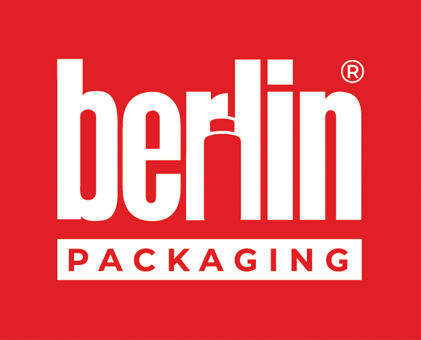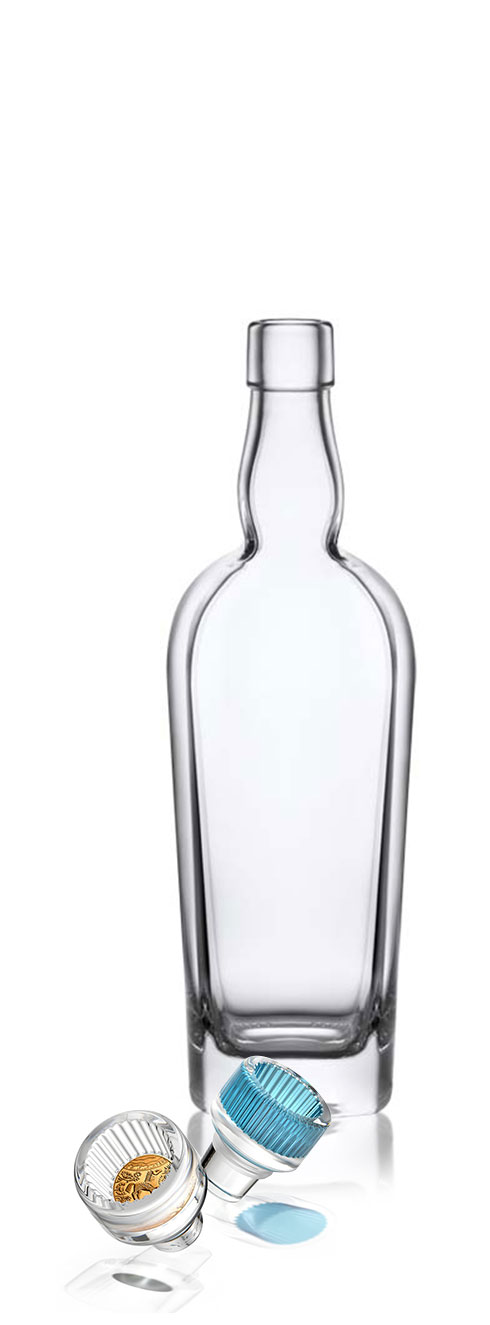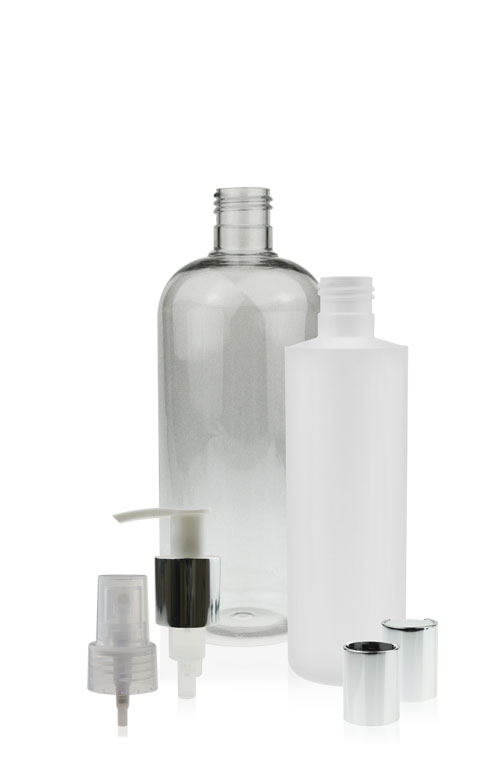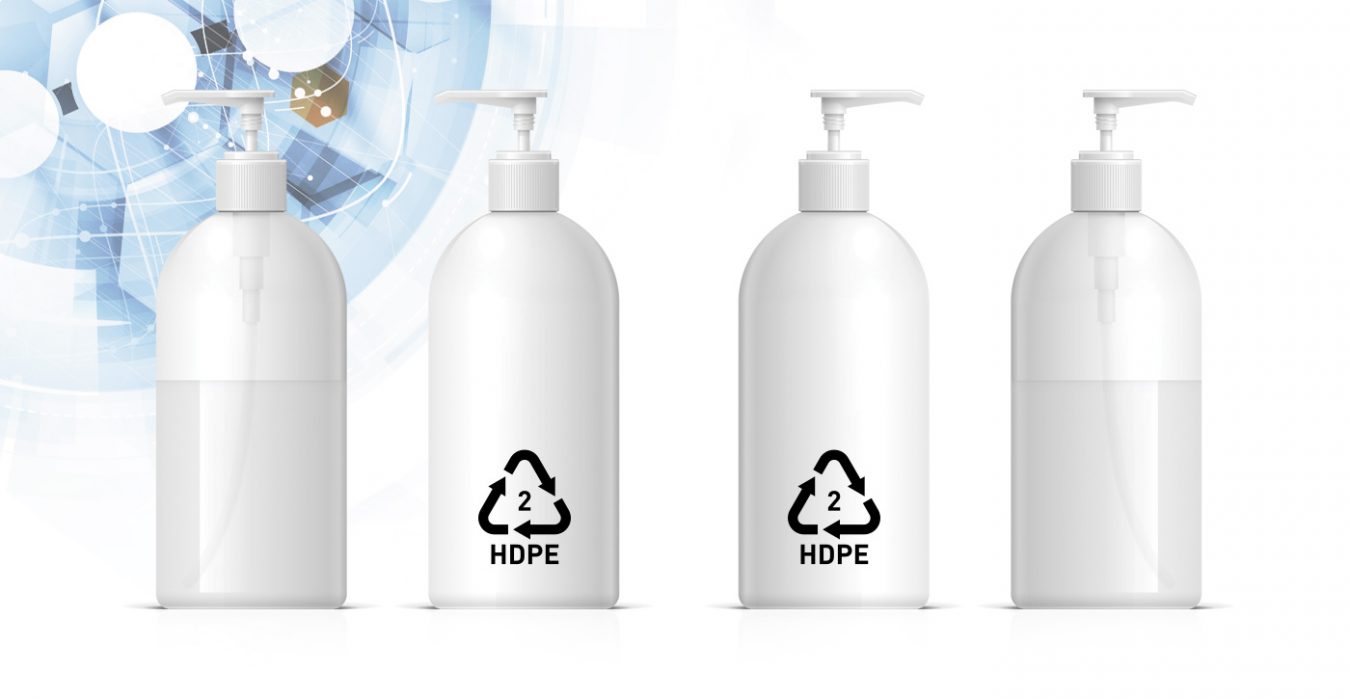Packaging Education, Plastic Bottles
HDPE Plastic Bottles High-Density Polyethylene
High-Density Polyethylene (HDPE) plastic bottles are fast becoming one of the most popular packaging choices for manufacturers, retailers and consumers. As the second most commonly used polymer throughout the UK plastic packaging sector (second to PET packaging), HDPE bottles are exceptionally strong, more opaque and can withstand higher temperatures better than their other plastic counterparts. HDPE also presents extremely lightweight packaging options, being, on average 15% lighter than they were three years ago.
According to Recoup.org, HDPE bottles are one of the most widely recycled items of packaging in the UK. Recoup figures show that HDPE bottles are recycled around 79% of the time and contain up to 15% recycled material.
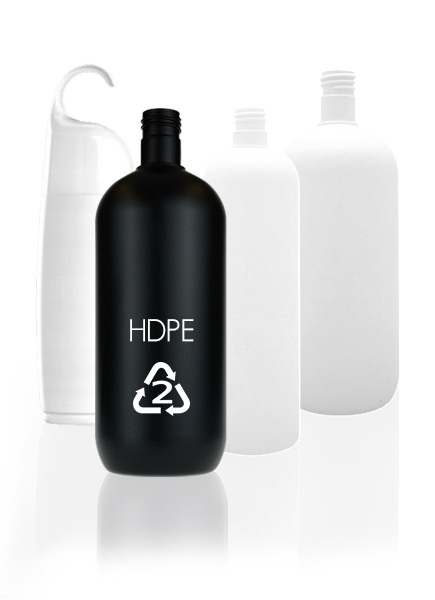
HDPE bottles have great commercial propensity and offer a full range of marketing opportunities. For example, branding designs can be printed directly onto the material. Due to the innovative use of blow moulding equipment, there is also the ability to adapt and amend the shape of bottles so that they catch the eye of passers-by on the shelf.
High performance, high strength, low cost.
HDPE Plastic Bottle Applications
- Bottle caps
- Chemical containers
- Laundry detergent jugs
- Milk jugs
- Plastic bottles suitable both for recycling or re-use
- Shampoo bottles
- Stone paper
Physical Properties
Tensile Strength 0.20 – 0.40 N/mm²
Notched Impact Strength no break Kj/m²
Thermal Coefficient of expansion 100 – 220 x 10-6
Max Cont Use Temp 65 oC
Density 0.944 – 0.965 g/cm3
Resistance To Chemicals
Dilute Acid – 4
Dilute Alkalis – 4
Oils and Greases – 2
Aliphatic Hydrocarbons – 1
Aromatic Hydrocarbons – 1
Halogenated Hydrocarbons – 1
Alcohols – 4
KEY 1 = poor – 5 = very good
Advantages Of HDPE Bottles
Here are our top four advantages of HDPE bottles:
- Using blow moulding equipment, HDPE bottles can be produced in many different shapes and sizes. This can help with innovations and exciting new brand designs to enhance their marketing reach.
- HDPE bottles are a sustainable option because they are fully recyclable, can be integrated back into the recycling chain, and are very lightweight, which is less expensive for transportation and easier on carbon emissions
- HDPE bottles can be used as monolayer bottles for pasteurised milk or as a coextruded bottles with barrier layers for UHT or sterilised milk
- Most HDPE bottles are widely recycled in the UK. Figures show that HDPE bottles are recycled around 79% of the time.
